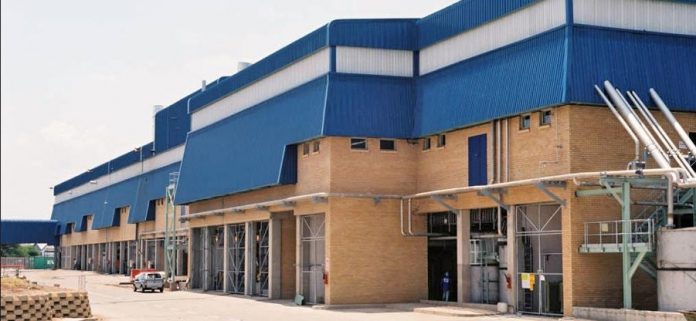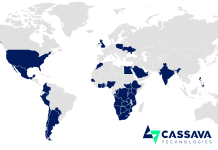Farai Mabeza
Paper packaging firm, Nampak Zimbabwe, sees no improvement in the country’s economic environment for the remainder of 2020 citing the COVID-19 outbreak and continued foreign currency challenges affecting the company’s operations.
The group’s managing director, John Van Gend, told Nampak’s annual general meeting that there were no positive changes to report on in the economy since the previous trading update
“I wish I could tell you that the environment had changed for the better, but as we all know, this has not happened and there is very little to suggest an improved socio-economic environment for the remainder of 2020,” Van Gend said.
The COVID-19 outbreak has decreased the urgency of addressing economic fundamentals with the pandemic posing a more immediate threat to Zimbabwe.
“The issues that we normally talk about regards our economy and tough operating environment, have faded away into the background with the advent of the COVID-19 virus pandemic.
“This is unfortunate in so far as the basic fundamental changes needed in our economy will be ignored for the time being,” he said.
“Whilst the full effects of the virus are yet to be seen we have not been spared with lower volumes compared to prior year now becoming the norm.”
He, however, expressed hope in the recent government announcement to compensate former land owners who lost farms protected by Bilateral Investment Promotion and Protection Agreements (BIPPAs) under the land reform with land.
“We are hopeful that the recent SI…regarding land covered by BIPPA agreements will enable us to get title back for our estates so that we can expand and develop this area of our business,” Van Gend said.
In the midst of the challenges, the Nampak boss said that difficulties of sourcing sufficient foreign currency, which is vital to import raw materials, remained of paramount concern.
“This applies particularly to paper for conversion into corrugated boxes for the commercial and tobacco sectors,” he said.
Even though volumes were down across all sectors of the business, demand remains firm across the product portfolios.
The company has experienced delays in product deliveries to customers due to foreign currency availability constraints.
Revenue for the period under review was 791 percent ahead of prior year on a historical basis as a result of inflation which boosted prices, although gross margins have come under pressure in order to remain competitive.
Nampak reported that all units were currently trading profitably while treasury and cash flow management remained key focus area.
Networking capital decreased due to the funding of legacy debts transferred to the Reserve Bank of Zimbabwe and increased foreign trade payables, which continue to accumulate as a result of the lack of liquidity in the foreign exchange environment.
Capital expenditure programmes remain curtailed due to the lack of foreign exchange required to fund projects.
Volumes at Hunyani were down on the prior year period by almost 28 percent due to a decline in the export market of 69 percent.
This is as a result of the increased competition from some European Union countries in the regional tobacco case market. Volumes in the commercial segment were 8% ahead of prior year, on improved demand.
At Mega Pak volumes declined by 30 percent due to consumer demand contraction in the beer beverage sector. The sourcing of raw materials remains a challenge.
CMB volumes declined by 31 percent.
The economic situation facing the group and country remains serious while consumer demand is reducing as incomes fail to keep pace with inflation.



















